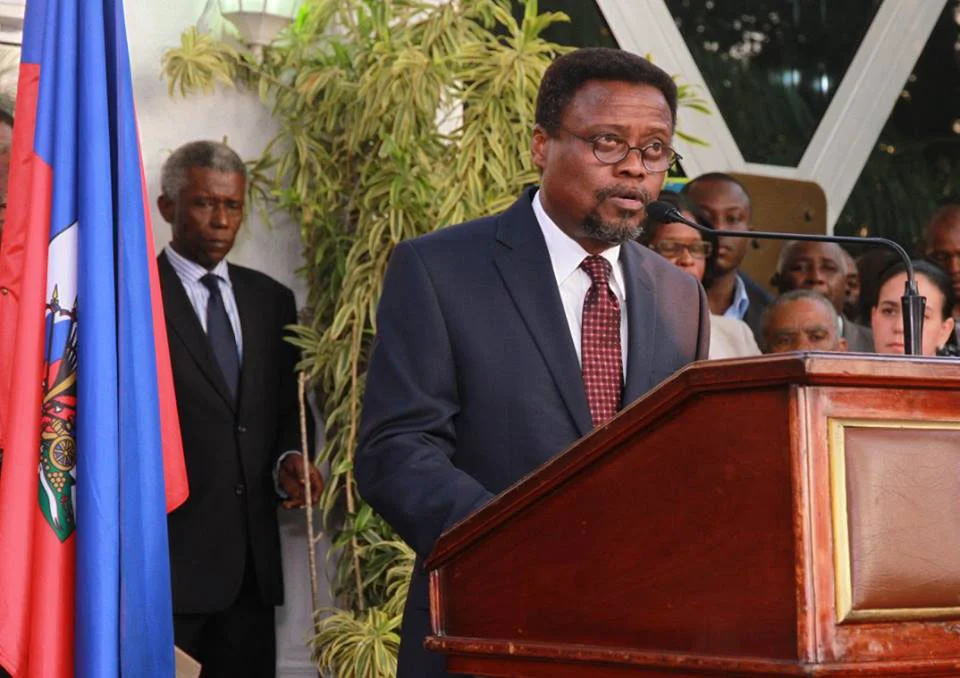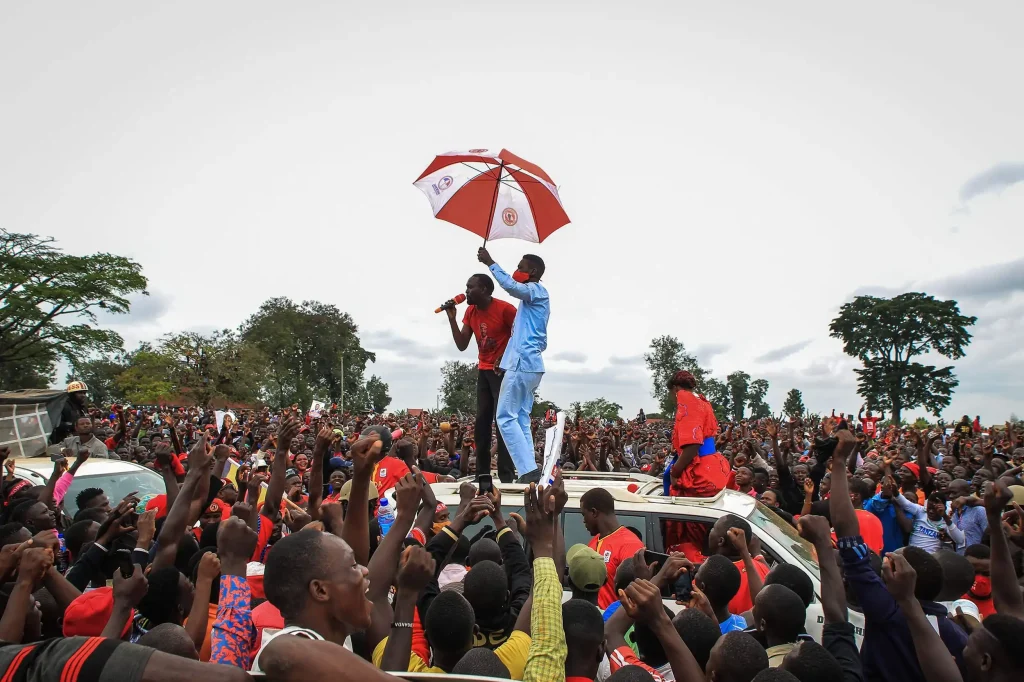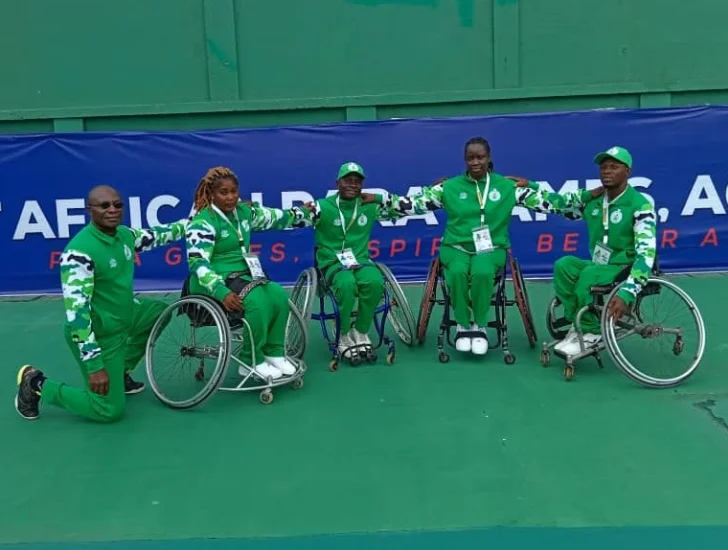Fritz Alphonse Jean has issued a strong denial against serious accusations. The member of Haiti’s transitional presidential council rejected claims that he supports criminal gangs.
This statement follows new diplomatic sanctions. On Monday, the United States imposed visa restrictions on an unnamed official. On Tuesday, Jean confirmed he was the target of these measures.
Fighting the Accusations
Jean addressed the media at a press conference. He firmly dismissed the allegations against him.
Currently, gangs control 90 percent of Haiti’s capital. They also dominate large areas in the center of the country. These groups use military-grade weapons to extort businesses and kill civilians.
Jean insists he is fighting against this chaos. He stated that he wants a new prime minister to tackle the gangs and root out corruption.
Political Infighting and Foreign Pressure
Tensions are high within the transitional government. Haiti is scheduled to hold elections by February 7. On this date, the nine-member council is supposed to step down.
However, critics accuse some members of trying to cling to power. They claim these members want a prime minister who will support a term extension. Jean denied this assertion. Instead, he claimed that foreign diplomats are interfering.
“Members started receiving threats of visa cancellation,” Jean said. He alleged these threats came from US and Canadian representatives after the council discussed changing the head of government.
Alleged Threats Revealed
During the conference, Jean shared messages he claimed to have received. These texts reportedly warned him against removing the current Prime Minister.
One message urged him to stop efforts to topple the government. It warned that this was “not the time to test U.S. resolve.”
Jean also criticized the current Prime Minister. He accused the administration of failing in security, governance, and electoral organization.
A Nation in Crisis
The political situation remains fragile. Haiti has not held elections in nearly a decade. Furthermore, the country has been without a president since the assassination of Jovenel Moïse in July 2021.
The transitional council faces immense pressure to organize a vote. However, rampant violence has made the February deadline impossible. Officials have tentatively set new election dates for late next year.
Meanwhile, the human toll continues to rise. Between January and September of this year, violence has killed more than 4,300 people across the nation.
MORE NEWS: Nigeria’s Terror Surge Post-Trump: Coincidence, Conspiracy, or Cry for Help?























